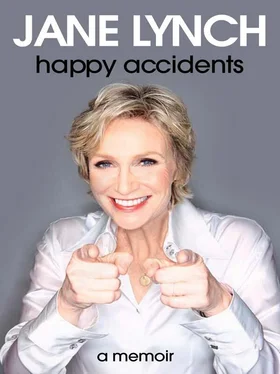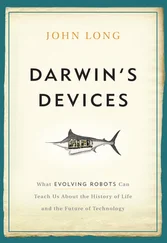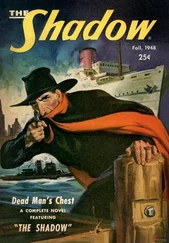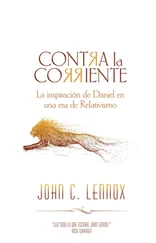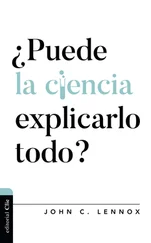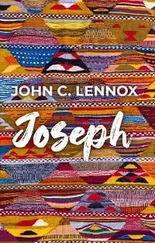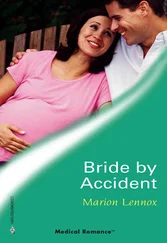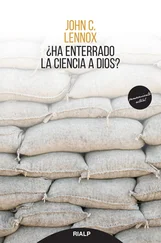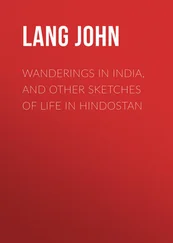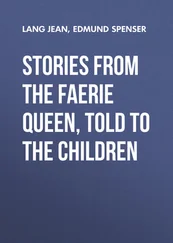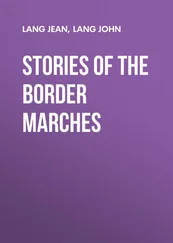They could already procure a tone of scandal and disgust, as if the subject were the sexual proclivities of circus freaks. I just stood there in shock.
Oh my god, I thought, that’s what I have. I’m the girl version of that.
No sooner had this thought burst into my head than another followed: No one can ever, ever know. I may have only just learned what being “gay” meant, but I knew instinctively it was a disease and a curse. I’d always had crushes on girls and hadn’t really thought too much about it. But watching the Stevenson twins’ mortification about the South Florida boys told me everything I needed to know: being “gay” was sick and perverse, and if you had the misfortune of being that way, you’d better hope no one ever found out.
LIKE ANY GOOD, CLOSETED YOUNG LESBIAN OF THE seventies, I developed a raging crush on Ron Howard.
Not a well-known fact, but many young lesbians have gay boyfriends, or crushes so safe they might as well be gay. Happy Days was my favorite TV show, and Ron, who played all-American boy Richie Cunningham, was cute, boyish, and asexual—all Mayberry and apple pie. I thought Anson Williams, who played Potsie, was cute, too, but less so. As I wrote in my scrapbook, he was just “pretty good foxy.”
Ron and Anson came to town in the summer of 1974, just after I turned fourteen, to promote Happy Days. When they were on WGN, the big talk radio station in Chicago, I called in and said, matter-of-factly, “Hi, I’m fourteen and I want to be an actress.” I don’t remember exactly what Ron said, but it was something sensible like “Stay in school, be in plays, and then when you get out of college, if you still want to do it, you should come to Los Angeles.” Then, Anson Williams piped up: “Jane, here’s what you should do,” he said. “Go downtown to the Screen Actors Guild, get a list of agents, and start writing to them.”
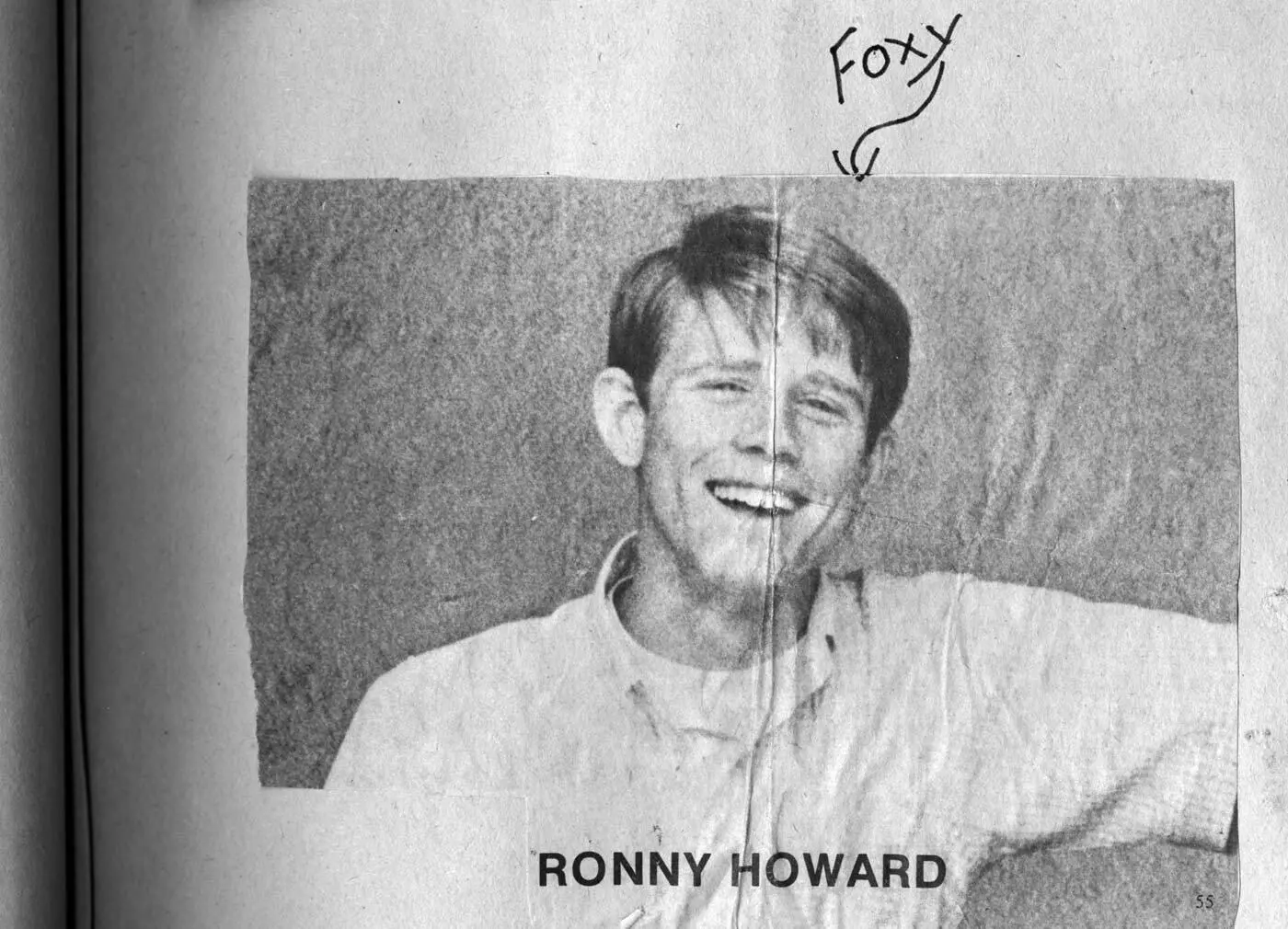
My desirability assessments of the stars of TV’s Happy Days.
This was stupid advice to give to a fourteen-year-old girl in Chicago—especially one whose entire acting résumé consisted of a couple of school plays and a sixth-grade talent show where I pretended to play the guitar. But I didn’t know that. I decided Anson was right, so not long afterward, when I was downtown with my parents, I made sure we stopped by the Screen Actors Guild office so I could get a list of talent agents in Chicago. An office assistant made a copy on mimeographed paper for me, and I went home and wrote them all letters. Our family had visited Universal Studios on a vacation to California the previous summer, so I sent a letter off to them as well. I watched the credits of The Brady Bunch, to see who cast the show, and wrote them a note of my availability while I was at it. I think I even sent a school picture.
Needless to say, the talent agents and studio executives did not come knocking. But one afternoon, maybe six months later, I finally did get a reply. It was from the office of Monique James, the head of casting for Universal Studios.
Okay, so it was from Linda, assistant to the casting director, who perhaps was taking this opportunity to feel better about her assistant status by crushing the dream of a young girl in suburban Chicago. And … she spelled my name wrong. And … it was just about the most unencouraging letter she could have possibly sent.
An observant child, or maybe just one who wasn’t completely delusional, would have felt dismissed by this. But I was over the moon—it was on Universal letterhead! Yes, they got my name wrong, but Jamie is such a cute name! I was never a fan of my name anyway. I was so buoyed by the letter that I put it in my scrapbook. Linda Abbott and Monique James might have thought I would never come to Hollywood, but in my mind I was trying to figure out travel plans.
I had known early on, almost out of the chute, that I wanted to be an actress. My first theatrical experience happened at the age of about five, when my parents took me to see a school play one of the neighborhood kids was in. I remember going into the dark theater, and when the lights came up, there was this whole world that came out of nowhere. It was alive and bright and you could see that everyone had makeup on.
We were sitting very close to the stage, and as part of the play, there was a little kid in a cage, playing a bird. I remember thinking, Let the bird out of the cage, let him out! That is how real it was to me. I was transfixed by the whole experience, as if I were watching magic happen right in front of me.
My folks loved to sing and perform themselves, and even more so with an audience. This was post–World War II cocktail culture, and Rodgers and Hammerstein weren’t the only ones exploring the world through song and dance. Our parish church, St. Jude’s, put on a show every year called Port o’ Call, and this was the highlight of my parents’ performing lives. The various schoolrooms at St. Jude’s were transformed into McGinty’s Irish tavern, full of revelers, or a Hawaiian luau with grass-skirted hula dancers, or a risqué German cabaret for which the neighbor ladies donned fishnets, eliciting hoots and howls. The audience would go from room to room, taking in various spectacles from other ports of call. I was there with my parents every night until the final bow was taken. I was absolutely riveted by the frenzied backstage energy of putting on a show. I remember the smells and the sights, the thick pancake makeup, and how they all dropped trou in full view of one another in the tiny cloakroom that served as the dressing room. All the adults were so focused and engaged when they put on these shows. And I was literally beside myself with elation to be among this business called show.
Dad sings “Look to the Rainbow” in the Irish Room, St. Jude’s Port o’ Call show.
But to my parents this was something you did for fun, not for a living. My mom was not on board with my plan to become an actress. As I wrote those letters to agents at our dining room table, she asked, “Who are you writing to?” When I told her, she spoke to me in that flat voice of Midwestern reality.
“Janie, you know, people can’t always do what they want to do,” she said. “And it’s probably not realistic to think you’ll be a Hollywood star.” To her, my saying I wanted to be an actress was a little like saying I wanted to be an elf. “Well, honey,” she’d have said, “you can dress up as one, and you can have fun as one, but you’re not gonna be one.”
I’m sure that to Mom, this was just realistic motherly advice, like telling me to stay out of traffic. She wanted to convince me to dream a little less big, to protect me from heartache—but of course her words just made things worse. Sitting there at the dining room table, I started to cry from the depths of my soul, feeling my life was over before it had begun.
My mother felt terrible. She tried to console me, saying she wanted me to be the best actress I could be, but that I should be careful of aiming too high. Years later, she’d tell me that until that moment, she’d had no idea how dead serious I was about being an actress. But that realization didn’t change her message. She would reluctantly support me in the years ahead, but she still wanted me to have a backup plan, which usually involved learning to type.
About five months after getting the Universal letter, I got a reply to a fan letter I had sent to Vicki Lawrence, a star of The Carol Burnett Show, a program I so loved and wanted to be on that it hurt just thinking about it. She sent me an autographed photo, a soft-focus headshot of her gazing meaningfully into the camera, her hair gently feathered. It came with a form fan letter printed on blue paper, but at the bottom she’d written a note: “Janie, Keep working hard, learning, & be determined & positive!”
Читать дальше
